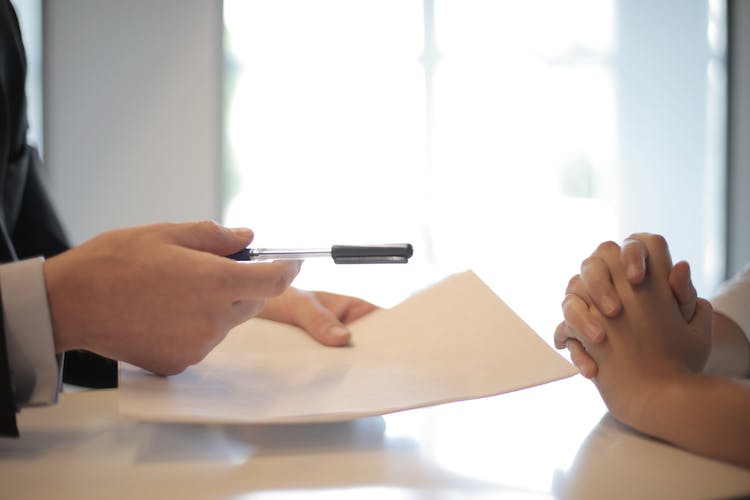Creating a financial plan for unexpected expenses

Anyone can experience an emergency financial situation, so planning for them is essential to any financial arrangement exercise. The entire purpose of having an emergency fund is to provide protection from any unforeseen expenses.
This will guarantee that it won’t harm your finances in any way and won’t steal your entire financial security.
A financial emergency can result from a variety of situations, including a sudden illness, an accident, medical emergencies, urgent home repairs, a job loss, urgent car repairs, and more.
The main justification for having an emergency fund is obvious: without one, a person will have to deplete their savings or find other creative ways to get the money they need in an emergency.
It’s not uncommon to come across individuals who simply swipe their credit card to obtain actual cash. Contrary to what many people believe, using credit cards to pay for an emergency is never a good idea. A car title loan is the quickest way to obtain thousands of dollars; however, this is only a temporary fix.
If you used a credit card cash advance to obtain the required funds, the credit card company will assess a fee and interest rate for the cash advance. This is an extremely expensive method of borrowing money and taking care of money in an emergency.
What is the best sum to reserve as emergency cash as a result? There are various viewpoints on it. A minimum of 3-6 months’ worth of monthly income should be set aside for emergencies, according to some experts. Depending on your marital status, family size, and way of life, this sum may be different.
For unexpected expenses, everyone needs to set aside some extra cash. However, the amount to set aside is based on your monthly income and expenses. Although the exact amount of your emergency fund is debatable, it should at the very least be enough to cover your living expenses for three months. Even though some financial advisors recommend having a full year’s worth of savings, it’s still best to save for six months.
These funds need to be set aside in a convenient location that is accessible when needed. It might be hard currency, liquid assets, fixed deposits, or money in a bank account. As a result, the fund will always be instantly or quickly available when needed.
Where to Keep the Cash
Your circumstances and what can give you peace of mind will help you decide how cautious you want to be. You may need to quickly access the money from your emergency fund if an emergency arises, so keep it in a secure location that is easy to get to. Your best course of action is to open a savings or money market account. The interest rate, minimum balance, and other terms should, however, always be carefully reviewed in their offer.
You can stop when you believe you have amassed sufficient funds. Now that you have more peace of mind, you can try to start putting your extra savings into accounts or investments with higher interest rates and restricted access.













